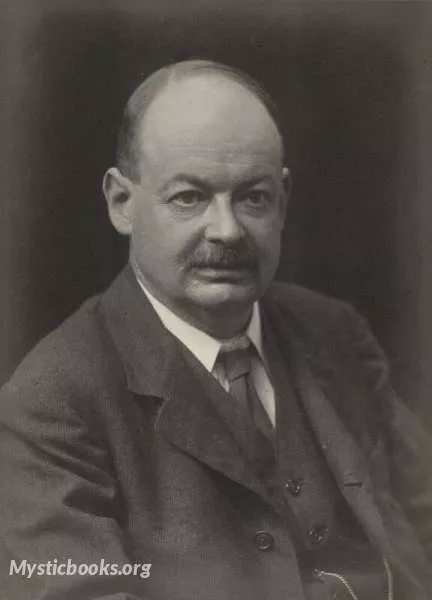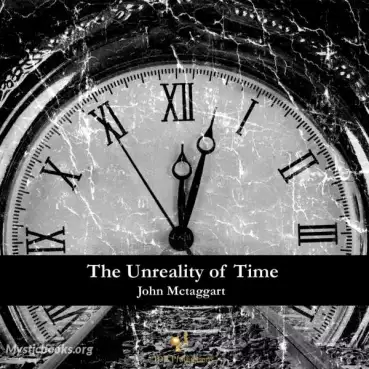
Timeline
Title
Country/Nationality
John McTaggart
John McTaggart Ellis McTaggart was an English idealist metaphysician. For most of his life McTaggart was a fellow and lecturer in philosophy at Trinity College, Cambridge. He was an exponent of the philosophy of Georg Wilhelm Friedrich Hegel and among the most notable of the British idealists. McTaggart is known for "The Unreality of Time" (1908), in which he argues that time is unreal. The work has been widely discussed through the 20th century and into the 21st.
McTaggart was born on 3 September 1866 in London to Francis and Ellen Ellis. At birth, he was named John McTaggart Ellis, after his maternal grand-uncle, John McTaggart. Early in his life, his family took the surname McTaggart as a condition of inheritance from that same uncle.
McTaggart attended Clifton College, Bristol, before going up to Trinity College, Cambridge, in 1885. At Trinity he was taught for the Moral Sciences Tripos by Henry Sidgwick and James Ward, both distinguished philosophers. After obtaining First class honours (the only student of Moral Sciences to do so in 1888), he was, in 1891, elected to a prize fellowship at Trinity on the basis of a dissertation on Hegel's Logic. McTaggart had in the meantime been President of the Union Society, a debating club, and a member of the secretive Cambridge Apostles society. In 1897 he was appointed to a college lectureship in Philosophy, a position he would hold until his retirement in 1923 (although he continued to lecture until his death). He received the honorary degree Doctor of Letters from the university in May 1902.
McTaggart, although radical in his youth, became increasingly conservative and was influential in the expulsion of Bertrand Russell from Trinity for pacifism during World War I. But McTaggart was a man of contradictions: despite his conservatism he was an advocate of women's suffrage, and though an atheist from his youth was a firm believer in human immortality and a defender of the Church of England. He was personally charming and had interests ranging beyond philosophy, known for his encyclopaedic knowledge of English novels and eighteenth-century memoirs.
His honours included an honorary Doctor of Laws degree from the University of St Andrews and Fellowship of the British Academy.
He died in London on 18 January 1925. In 1899 he had married Margaret Elizabeth Bird in New Zealand whom he met while visiting his mother (then living near New Plymouth, Taranaki) and was survived by her; the couple had no children.
Books by John McTaggart

The Unreality of Time
The Unreality of Time is the best-known philosophical work of the Cambridge idealist J. M. E. McTaggart (1866–1925). In the argument, first published as a journal article in Mind in 1908, McTaggart argues that time is unreal because our descriptions...